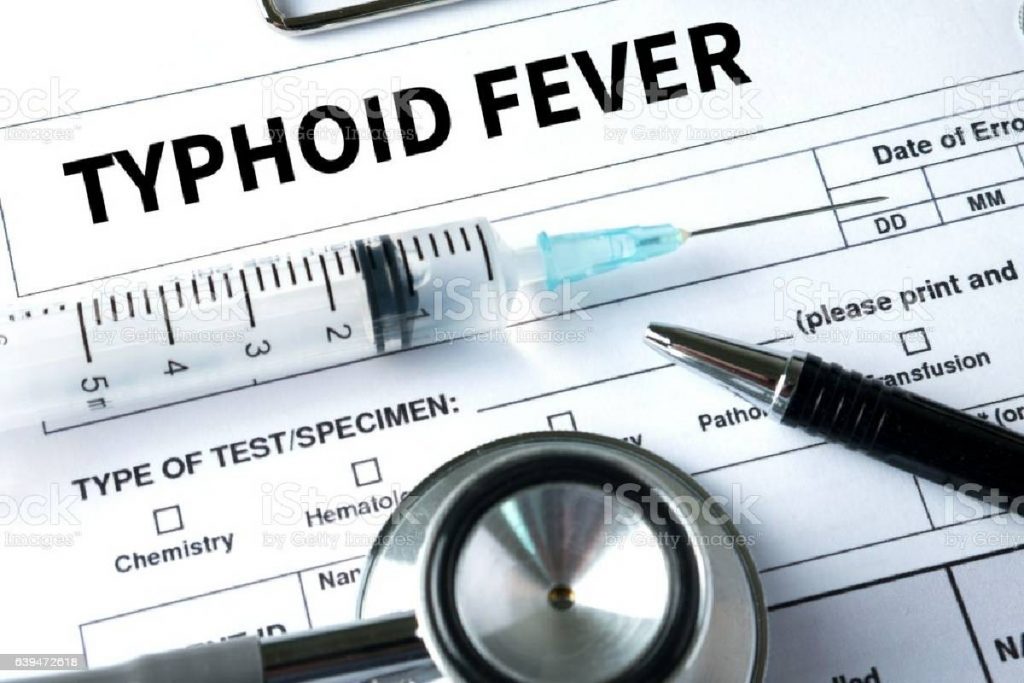Table of Contents
Typhoid Fever Definition
Typhoid Fever is an infection spread through contaminated food and water. Vaccinations recommend in areas where typhoid fever is common.
Symptoms include high fever, headache, abdominal pain, weakness, vomiting, and loose stools. Treatment includes antibiotics and fluids.
Typhoid is a bacterial infection that touches the intestines and sometimes the bloodstream.
What is Typhoid?
Typhoid, or intestinal fever, is a bacterial infection caused by Salmonella typhi and Salmonella paratyphi (A, B, and C). It is developed through the ingestion of contaminated food or water.
In Spain, the number of typhoid cases has decreased over the last few decades. And also, About fifty cases reports each year, most of which involve patients who have traveled to risk areas.
Distribution of Typhoid
Its distribution is practically worldwide. Its most significant impact occurs in deprived areas of the world, especially in the tropics of sub-Saharan Africa, the Indian subcontinent, Southeast Asia and Latin America.
Therefore bacteria Salmonella typhi causes typhoid. Typhoid is rare in developed countries. It remains a serious health hazard in developing countries, especially for children.
General Description
Contaminated food and water, or close contact with an infected person. And also, causes typhoid. Some of the signs and symptoms typically include the following:
- Firstly, High fever
- headache
- Stomach pain
- Constipation or diarrhea
- typhoid carrier
Even after antibiotic treatment, a few people who recover from typhoid continue to harbor the bacteria. These people, called chronic carriers, no longer have any signs or symptoms of the disease. However, they still excrete the bacteria in their stool and can infect other people.
The Important Points
- Firstly, Typhoid is an infection. And also, Germs cause it.
- Children can develop very sick or even die without treatment.
- The sickness is widespread in countries with poor sanitation.
- If your child has symptoms of typhoid, see a doctor immediately.
- Children two years of age and older can vaccinate. Talk to your doctor before you travel.
